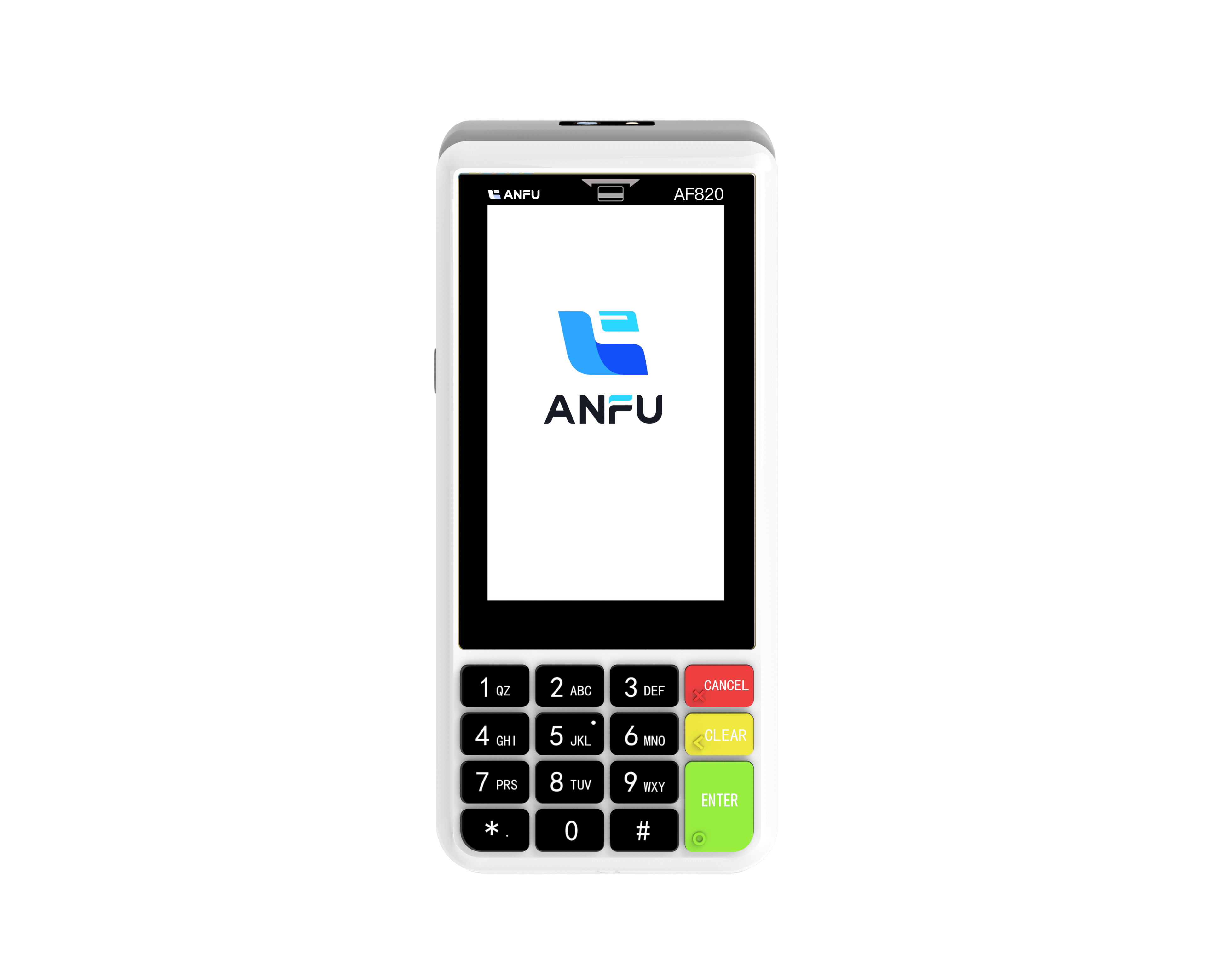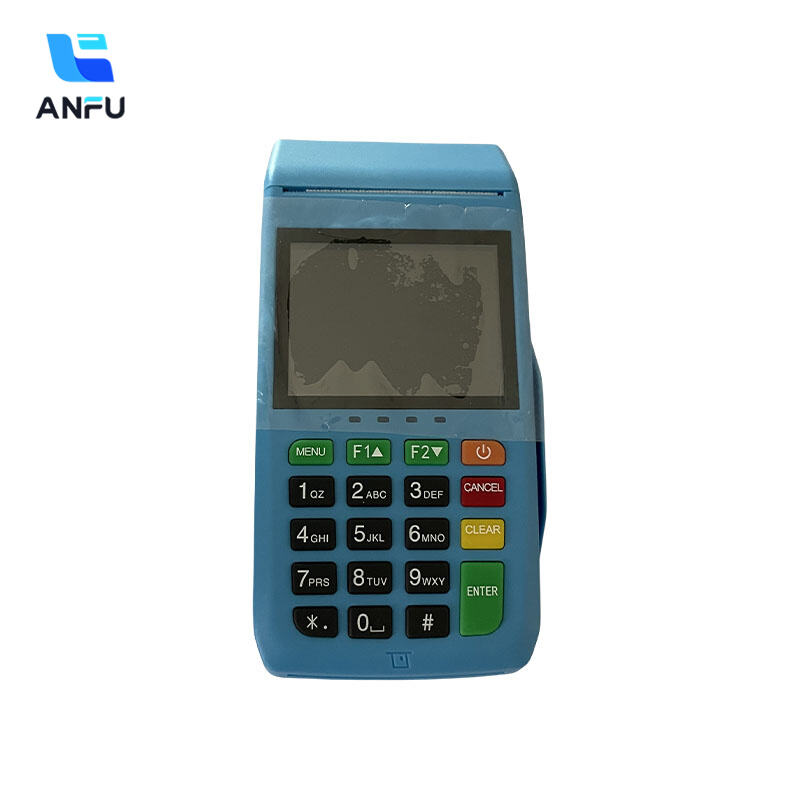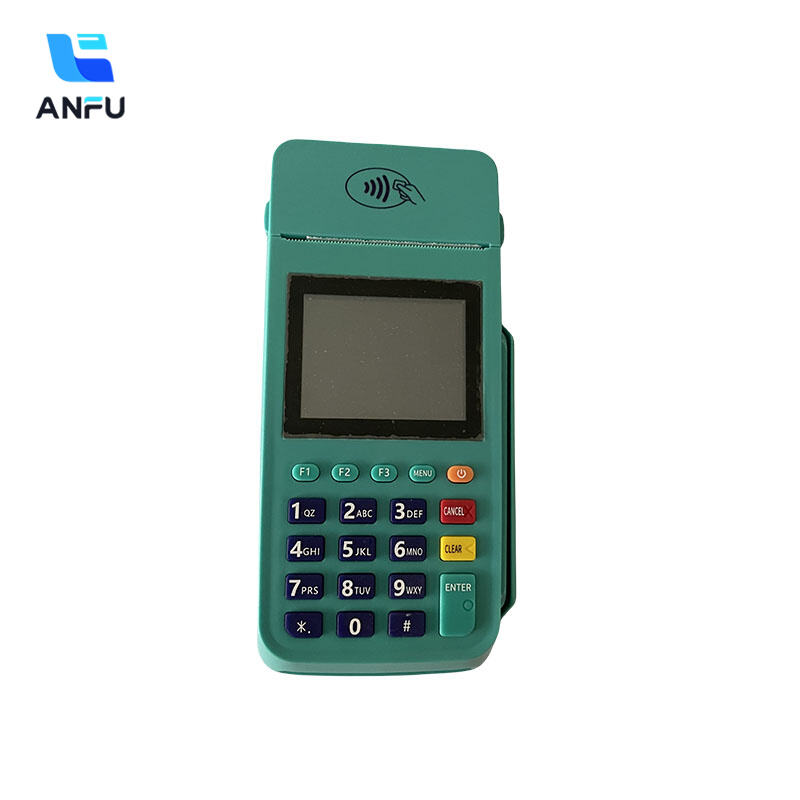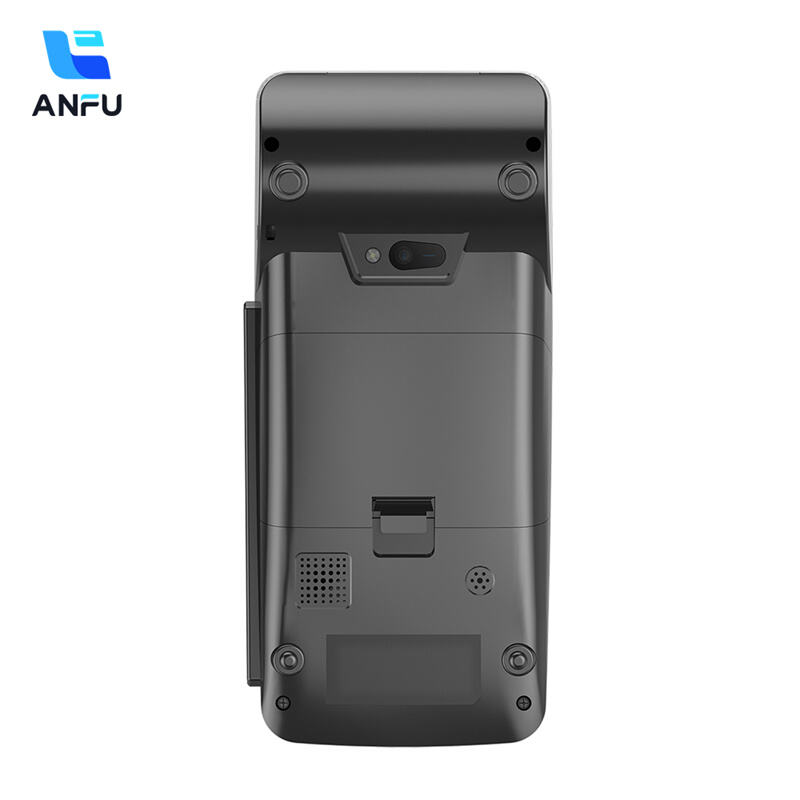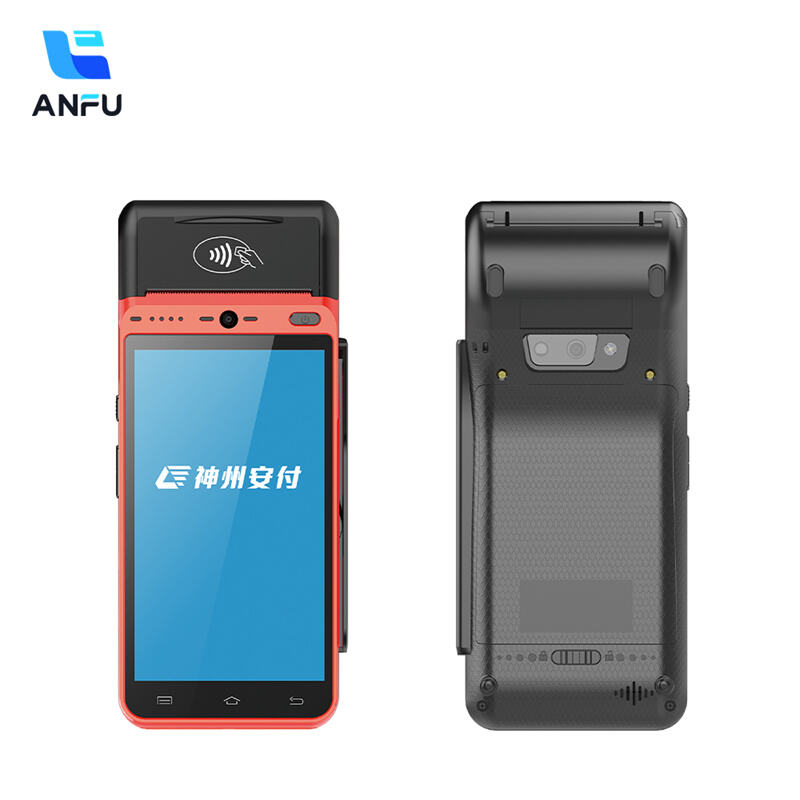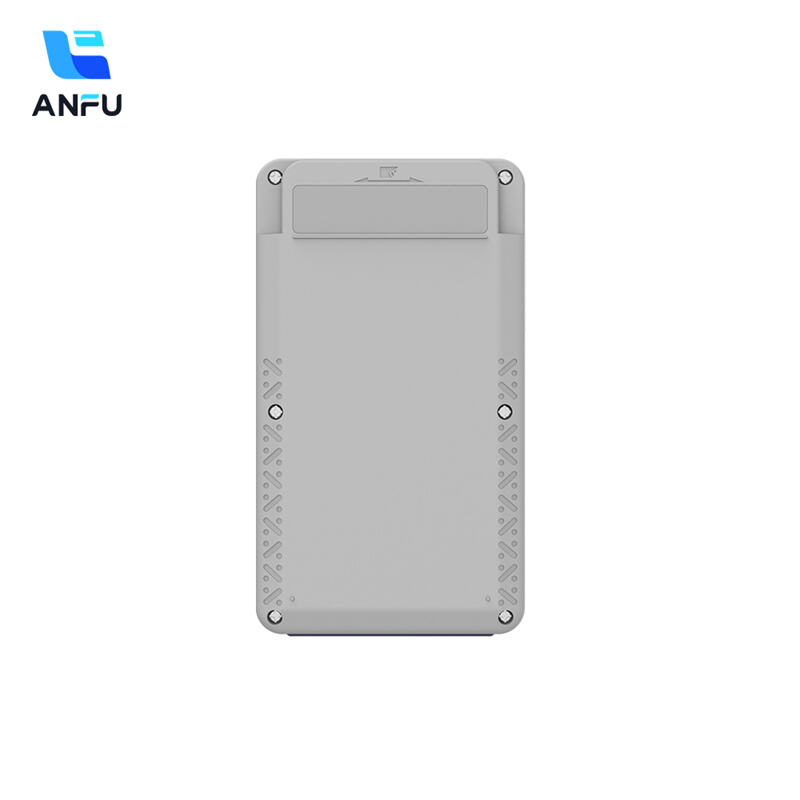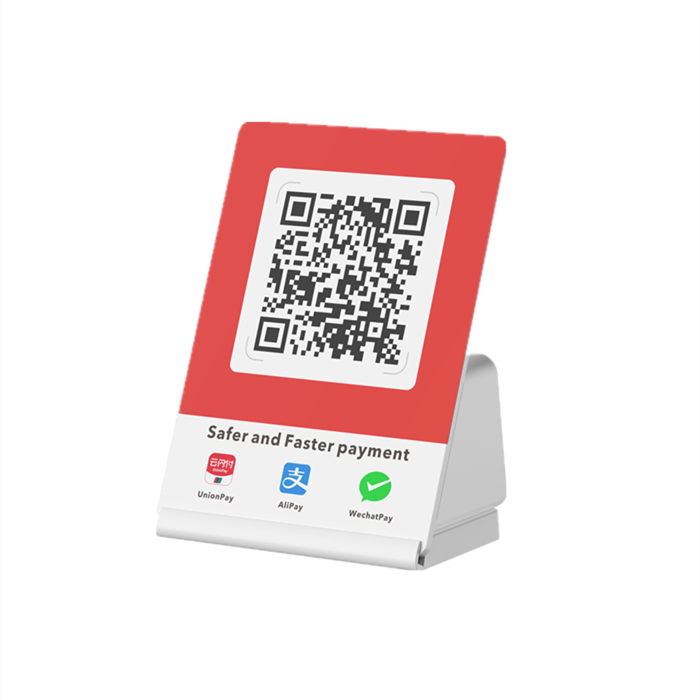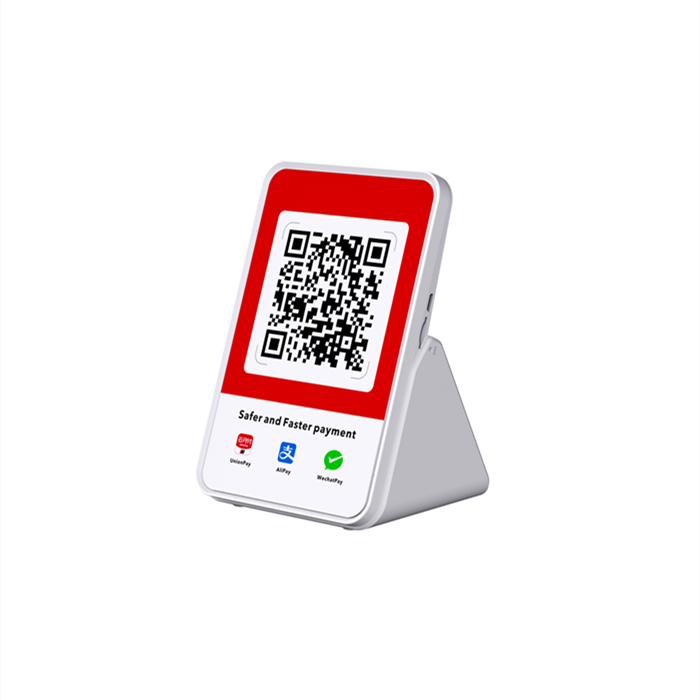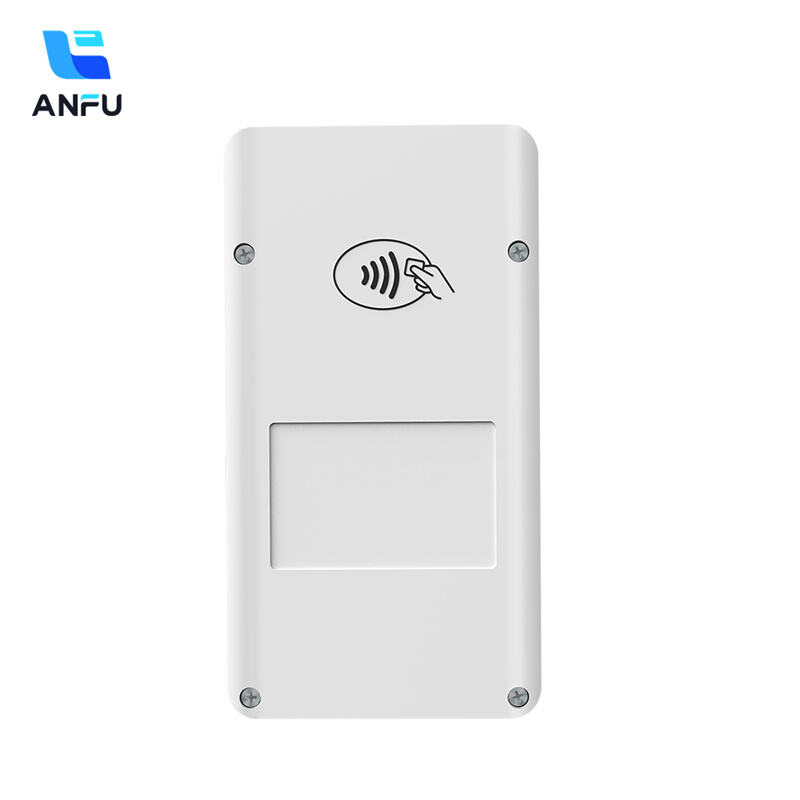Why Cloud-Based Android POS is Revolutionizing Payment Tech
How Cloud-Based Android POS Transforms Payment Infrastructure
From Legacy Systems to Agile Cloud Solutions
Legacy systems, despite their reliability in handling basic payment tasks, often impose constraints on modern businesses due to their high maintenance costs and inflexibility. For instance, a study revealed that over 67% of businesses struggle with outdated infrastructure, hindering their ability to adapt to changing market demands (source: Journal of Business Technology). In contrast, cloud-based solutions like Cloud POS offer an agile approach, enhancing operational flexibility and scalability. Companies such as WizarPOS have demonstrated these advantages, swiftly deploying their Android POS systems using cloud capabilities to provide seamless payment experiences without hardware constraints. As a testament to this shift, the global adoption of SoftPOS solutions has seen numbers grow from six million merchants in 2022, projected to reach 34.5 million by 2027 (source: Juniper Research).
Cost Efficiency and Scalability Advantages
Cloud-based Android POS systems bring significant cost benefits, primarily by reducing the need for upfront investments in hardware. Businesses switching to cloud solutions report average savings of up to 30%, freeing capital for other strategic investments. Furthermore, the scalability of these systems allows companies to easily modify their payment infrastructure as they expand their operations. WizarPOS provides a perfect example, leveraging remote key injection technology to reduce inventory and labor costs, while simultaneously allowing merchants to deploy terminals effortlessly across various geographical locations. Such scalable models support organic business growth and ensure that payment systems can accommodate fluctuations in business size and transaction volumes.
Real-Time Data Analytics for Smarter Decisions
The integration of real-time analytics within cloud-based Android POS systems is revolutionizing business decision-making processes. Studies indicate that enterprises leveraging data-driven strategies see up to a 5% increase in revenue (source: Journal of Data Analytics). By providing continuous access to real-time data, these systems enable businesses to optimize operations, refine marketing strategies, and enhance customer experiences. Android POS solutions like the ones developed by WizarPOS facilitate immediate analytics and insights, empowering merchants to make informed decisions regarding inventory management, customer preferences, and sales strategies. This ability to harness data in real-time significantly amplifies the strategic capabilities of modern businesses.
Security Innovations in Cloud-Based Android POS
Remote Key Injection (RKI) for Fraud Prevention
Remote Key Injection (RKI) is a security innovation essential in reducing fraud risks in payment systems. It allows businesses to securely update cryptographic keys in POS devices remotely, sparing the need for manual intervention, which is often susceptible to breaches. Experts emphasize its importance in modern payment landscapes, noting that traditional methods are becoming less effective against sophisticated fraud attempts. Statistics highlight that businesses using RKI experience up to a 60% reduction in fraud incidents compared to those employing conventional security approaches. As payment security continues to evolve, integrating RKI into cloud-based Android POS systems is becoming paramount for businesses aiming to safeguard transactions effectively.
PCI Compliance and End-to-End Encryption
PCI compliance is a critical requirement for businesses utilizing cloud-based POS systems, ensuring they adhere to industry standards for secure payment processing. These standards aim to protect cardholder data from theft and are mandatory for all entities handling card payments. Parallelly, end-to-end encryption plays a crucial role in defending customer data during a transaction, making it unreadable to unauthorized entities. Industry reports demonstrate its efficacy, with encrypted systems experiencing up to an 80% reduction in data breaches compared to non-encrypted systems. For cloud-based Android POS, embedding end-to-end encryption enhances data security and fosters consumer trust by ensuring sensitive information remains protected from cyber threats.
Continuous Monitoring with Attestation Services
Continuous monitoring is vital for mitigating risks in payment security and is bolstered by attestation services that verify the integrity of payment systems. Cybersecurity experts assert that real-time monitoring and alerts are indispensable, allowing instant detection and response to potential threats. Attestation services ensure that systems are in compliance with security standards by providing real-time verification of software integrity and configurations. By employing these services, businesses can uphold the security of cloud-based Android POS systems and maintain operational resilience against cyberattacks, ultimately fostering a safer transaction environment.
Industry Applications Driving Adoption
Retail: Streamlining Checkout with NFC Technology
Near-field communication (NFC) technology has revolutionized the retail checkout process by facilitating faster, more convenient transactions. NFC enhances customer experiences by enabling contactless payment methods, resulting in shorter wait times and streamlined purchases. Retailers have seen a tangible boost in customer satisfaction, where NFC payments have led to seamless and efficient interactions. Data indicates that the acceptance of contactless payments within the retail industry has significantly increased, with a surge in usage from 195 billion transactions in 2022 to a projected 408 billion by 2027. This rapid growth underscores NFC technology's critical role in meeting modern consumer expectations for speed and convenience.
Restaurants and Food Trucks: Mobile POS Flexibility
Mobile point-of-sale (POS) systems have become invaluable in the restaurant and food truck sector, offering unparalleled flexibility in transaction handling and enhancing customer service. These systems allow food service providers to process payments on-the-go, thereby reducing delays and improving order accuracy. In restaurants, mobile POS technology enables staff to confirm orders and process payments directly at the table, leading to improved customer experiences and faster turnover. Statistics show that the adoption rates of mobile POS solutions in the food industry have been steadily rising, driven by the demand for portable and flexible payment options that adapt to dynamic service environments.
Transportation and Event Management: SoftPOS Solutions
SoftPOS solutions are transforming transportation services and event management by enabling convenient mobile device payments. With SoftPOS, transportation operators and event organizers can offer passengers and attendees the convenience of Tap-to-Pay with smartphones. This technology reduces the need for traditional card terminals, offering a cost-effective and sleek payment alternative. The rise in SoftPOS adoption is evident as its integration into these fields leads to enhanced customer experiences through quicker boarding processes and reduced queuing times. By 2027, it is expected that over 34.5 million merchants worldwide will implement SoftPOS solutions, highlighting its growing acceptance and value across multiple industries.
Future Trends Shaping Cloud-Based Payment Tech
AI-Driven Inventory and Sales Predictions
AI technologies are increasingly revolutionizing inventory management and sales prediction for businesses using cloud-based point-of-sale (POS) systems. By analyzing vast amounts of data, AI algorithms can improve forecasting accuracy, helping businesses maintain optimal stock levels and identify sales patterns. For instance, AI-driven solutions can predict demand spikes during holiday seasons, enabling retailers to prepare accordingly. Research shows that integrating AI in retail operations can enhance productivity by 40% and accuracy in sales forecasting by approximately 30%, significantly boosting operational efficiency.
IoT Integration for Unified Commerce Experiences
The Internet of Things (IoT) integration with cloud-based payment systems offers a seamless shopping experience by connecting various devices and platforms. Retailers are leveraging IoT to unify customer experiences, allowing interactions across mobile apps, in-store systems, and online platforms. Companies like Amazon and Walmart are pioneers in integrating IoT and cloud technologies to streamline operations and enhance customer journeys. By using smart shelves and mobile payment solutions, these companies provide real-time inventory updates and personalized shopping experiences, significantly improving customer satisfaction.
Global Expansion of Contactless Payment Standards
The global trend towards contactless payment systems is accelerating, with many regions standardizing payment methods. This shift is driven by consumer demand for faster, more secure transactions and the ease of use contactless payments offer. According to recent data, over 50% of in-store payments in major markets are now contactless, a figure projected to grow considerably in the coming years. This widespread adoption not only enhances user convenience but also sets a universal standard, paving the way for more seamless international transactions and expanding the potential for global commerce.
Recommended Products
Hot News
-
Smart Card 2019
2024-01-23
-
Trustech 2019
2024-01-12
-
Futurecom 2019
2024-01-12
-
Seamless Payments Asia 2020
2024-01-12
-
Seamless Middle East 2022
2024-01-12

 EN
EN
 AR
AR
 BG
BG
 CS
CS
 DA
DA
 NL
NL
 FR
FR
 IT
IT
 JA
JA
 KO
KO
 PL
PL
 PT
PT
 RU
RU
 ES
ES
 TL
TL
 ID
ID
 LT
LT
 UK
UK
 VI
VI
 HU
HU
 MT
MT
 TH
TH
 TR
TR
 FA
FA
 AF
AF
 MS
MS
 MK
MK
 HY
HY
 AZ
AZ
 KA
KA
 BN
BN
 BS
BS
 LO
LO
 MN
MN
 NE
NE
 ZU
ZU
 MY
MY
 KK
KK
 UZ
UZ
 KY
KY
